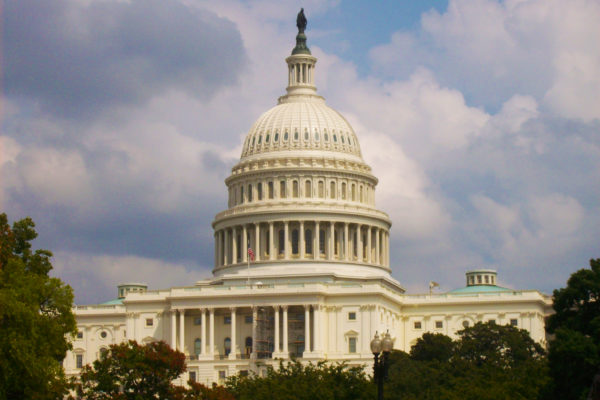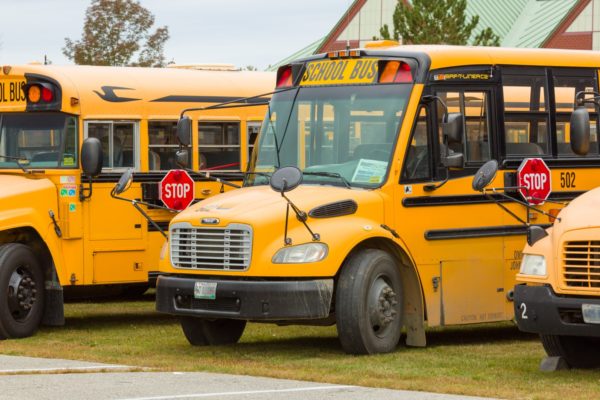On April 3, 2020, the Center submitted a letter to Congress urging against issuing any waivers under the Individuals with Disabilities Act (IDEA) or Section 504 of the Rehabilitation Act of 1973 (Rehab Act) through the Coronavirus Aid, Relief, and Economic Security (CARES) Act and requesting that Congress consider additional support for schools.
As COVID-19 leads more and more states to close their schools for the rest of the year, we’re reaching out to families and teachers of students with disabilities across the country to learn how remote education is working. Are you a family member or a teacher in this situation? Fill out our survey to share your story.
As schools move online due to the coronavirus pandemic, an alliance of special education advocacy and innovation organizations is working together on a new resource hub for educators, administrators, families, and students.
On April 3, 2020, the Center submitted a letter to Secretary of Education Betsy Devos urging the Secretary against issuing any waivers under the Individuals with Disabilities Act (IDEA) or the Rehabilitation Act of 1973 (Rehab Act) through the Coronavirus Aid, Relief, and Economic Security (CARES) Act.
The Center is extremely pleased the Department has clarified for states, districts and schools that the federal disability law provides sufficient flexibility to ensure all students, including students with disabilities, can benefit from remote education as communities determine the best approach to instruction during the COVID-19 crisis.
Senate Republicans have introduced the Coronavirus Aid, Relief, and Economic Security Act to support states in their efforts to protect their citizens and to infuse cash into the economy. We wholeheartedly support these efforts. Unfortunately, the bill goes too far by empowering the Secretary of Education to suggest to Congress waivers that would eliminate protections under the Individuals with Disabilities Education Act (IDEA) and the Rehabilitation Act of 1973 (a.k.a. Section 504).
As the world determines how to handle the escalating outbreak of COVID-19, education leaders across the country are facing difficult and enormously impactful decisions. We hope this resource guide will assist educators and school practitioners in developing comprehensive plans for students with disabilities and creating effective and high-quality learning environments for all during this evolving national transition.
With the World Health Organization officially declaring that COVID-19 is a pandemic, a new sense of urgency has been introduced and we anticipate more schools will be closed. With this eventuality in mind, schools must think through the following critical considerations as they develop plans to educate students with disabilities.
The Center calls upon Congress to reject the White House’s Fiscal Year 2021 budget, which proposes to completely decimate federal support for public schools, threatening access for students in every state.
In a statement in response to the Trump Administration’s promotion of the Education Freedom Scholarships program, the Center urged he Administration and Congress to only support regulated school choice so that parents can make decisions that will not limit or eliminate their child’s civil rights.









